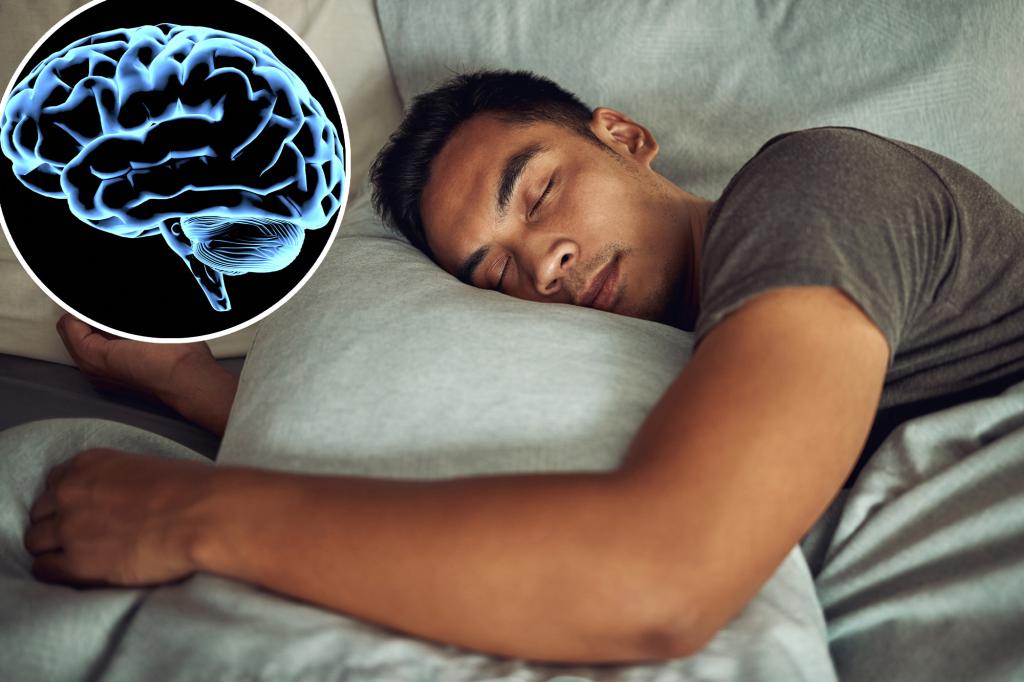You’re brainwashed – and that’s good for you!
Danish scientists have announced that they have gleaned new insights into the glymphatic system, which eliminates toxic substances that accumulate in the brain during sleep.
This process is essential for healthy brain function and prevention of diseases such as Alzheimer’s disease, but it can be disrupted by at least one common sleep aid. New research found.
The Glymphatic System is similar to turning on the dishwasher before bed and waking up with a refreshed brain. said study lead author Miken Nedergaard.of the University of Rochester and the University of Copenhagen. “We’re basically asking what drives this process and trying to define restorative sleep based on glymphatic clearance.”
Nedergaard and her team studied mice to find out what was happening in their brains while they snoozed. They found that during deep sleep, the brainstem releases small waves of noradrenaline molecules about once every 50 seconds.
Noradrenaline plays an important role in our “fight-or-flight” response by causing blood vessels to constrict, increasing blood pressure and allowing the body to respond to stressful situations.
The rhythmic expansion and contraction of blood vessels also propels surrounding body fluids and transports waste products away from the brain.
“You can think of norepinephrine as the conductor of an orchestra,” said study lead author Natalie Hoagland of the University of Copenhagen and Oxford University in the UK. “The contraction and expansion of the arteries are coordinated, allowing cerebrospinal fluid to be pumped into the brain to remove waste products.”
Once Hauglund and Nedergaard saw that norepinephrine promotes brain cleansing, they wanted to see if sleep aids could affect this process.
They gave the mice the insomnia drug zolpidem, sold under the brand name Ambien.
Mice given zolpidem fell asleep faster, but had half the noradrenaline wave activity and 30% less fluid transport to the brain during deep sleep compared to naturally sleeping mice.
This result suggests that sedatives can disrupt the brain’s clearance system during sleep.
“More and more people are using sleeping pills, but it’s really important to know if they’re helping you get a healthy night’s sleep,” Haugland says. “If people are not getting the maximum benefit from their sleep, they need to be aware of that so they can make informed decisions.”
Haugland said the findings, published Wednesday in Cell Press, likely apply to humans, but further testing is needed.
